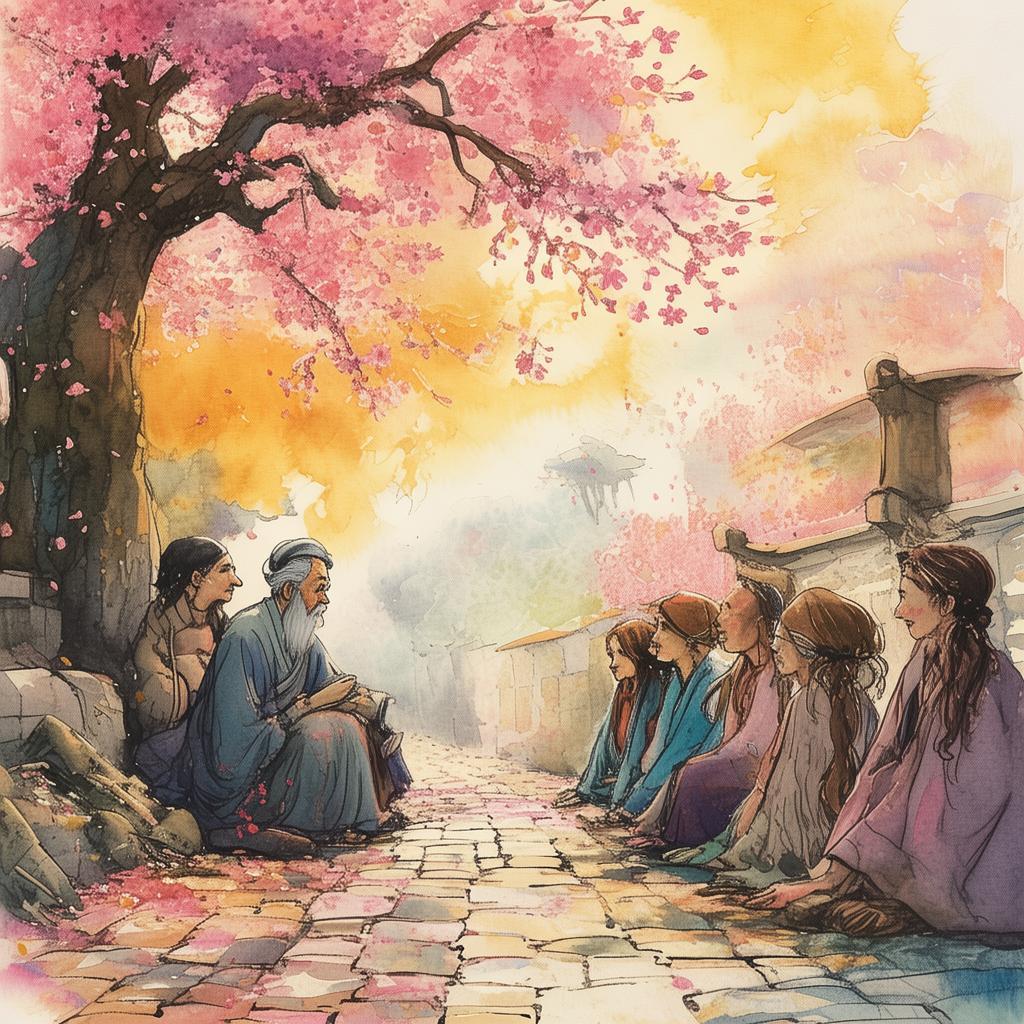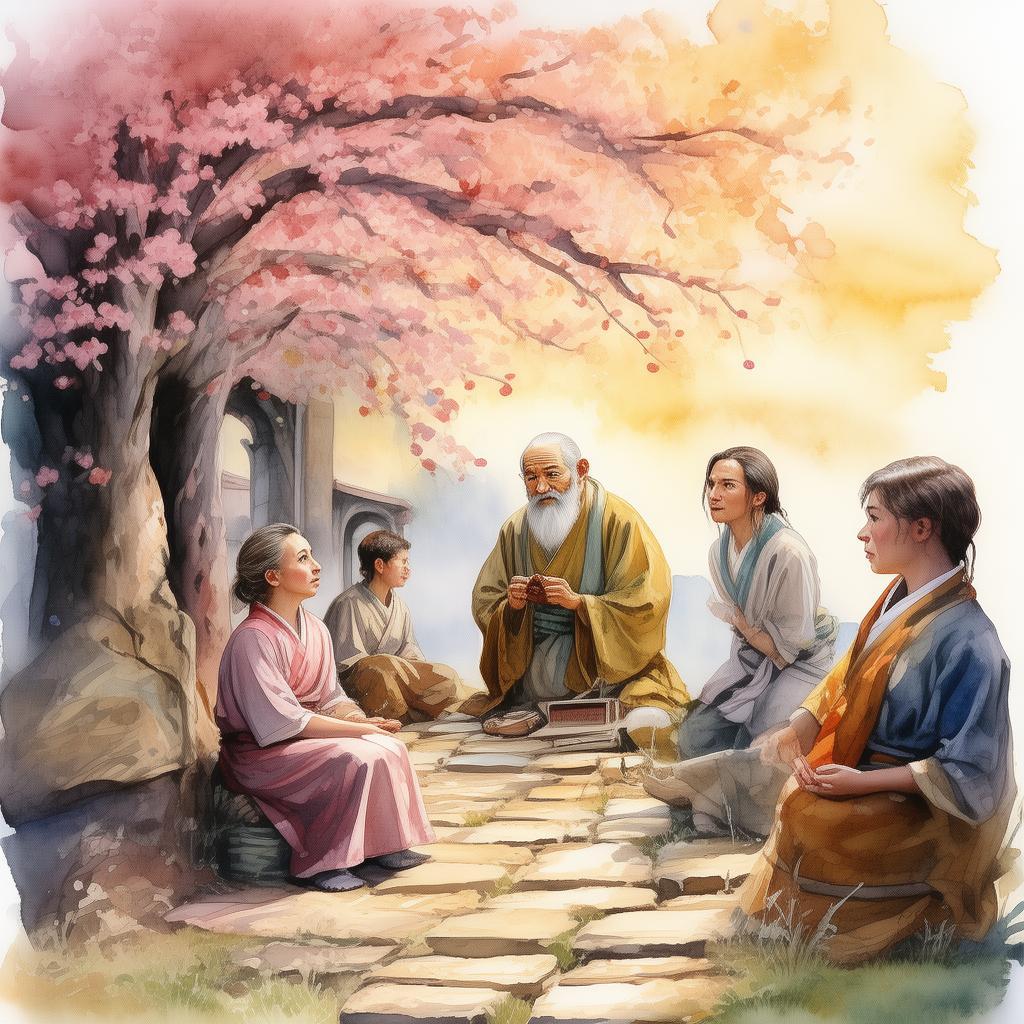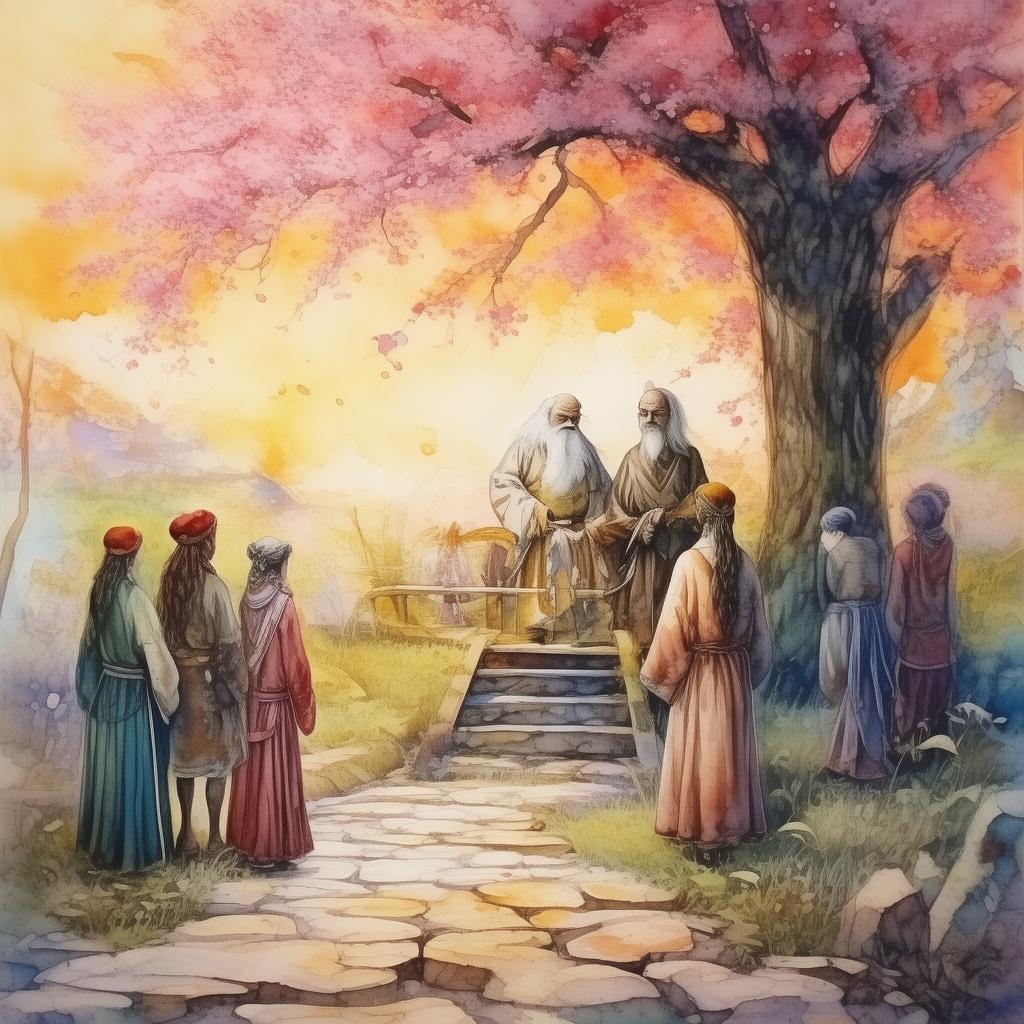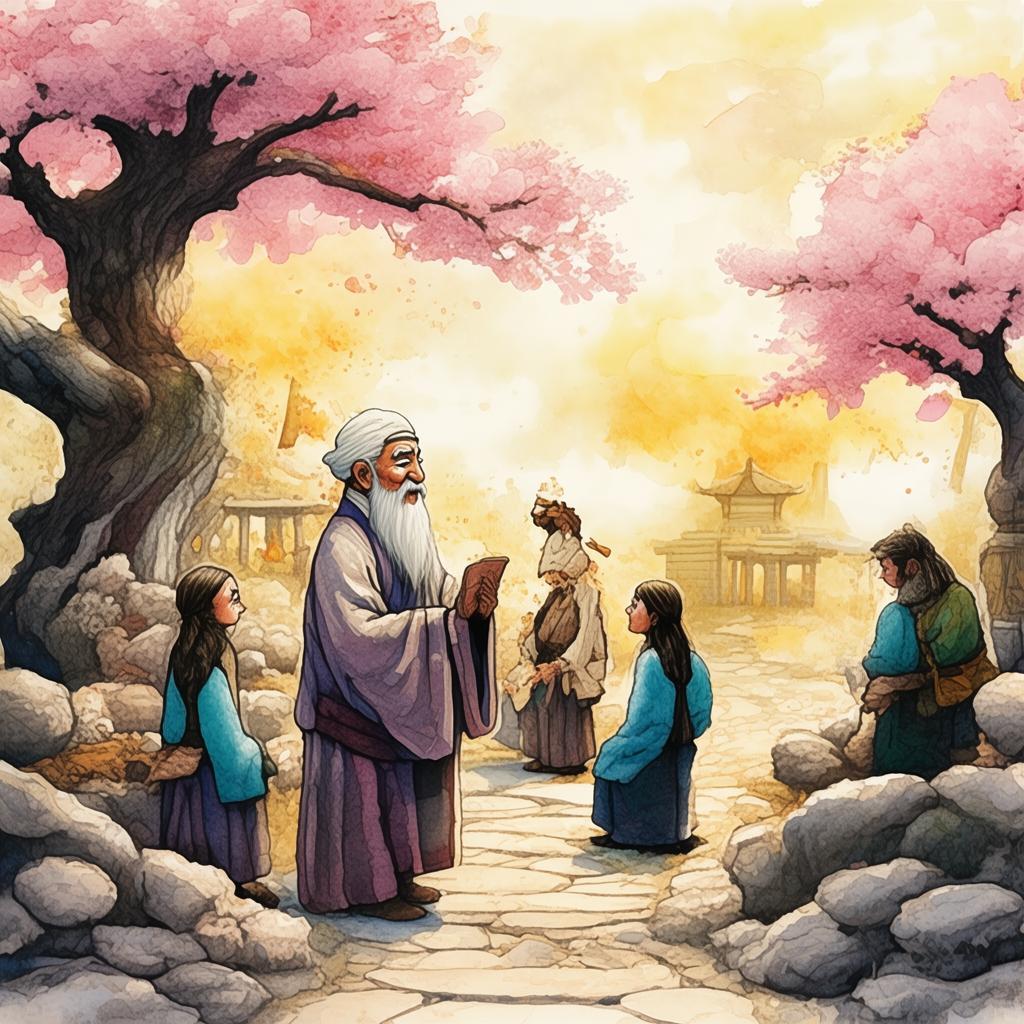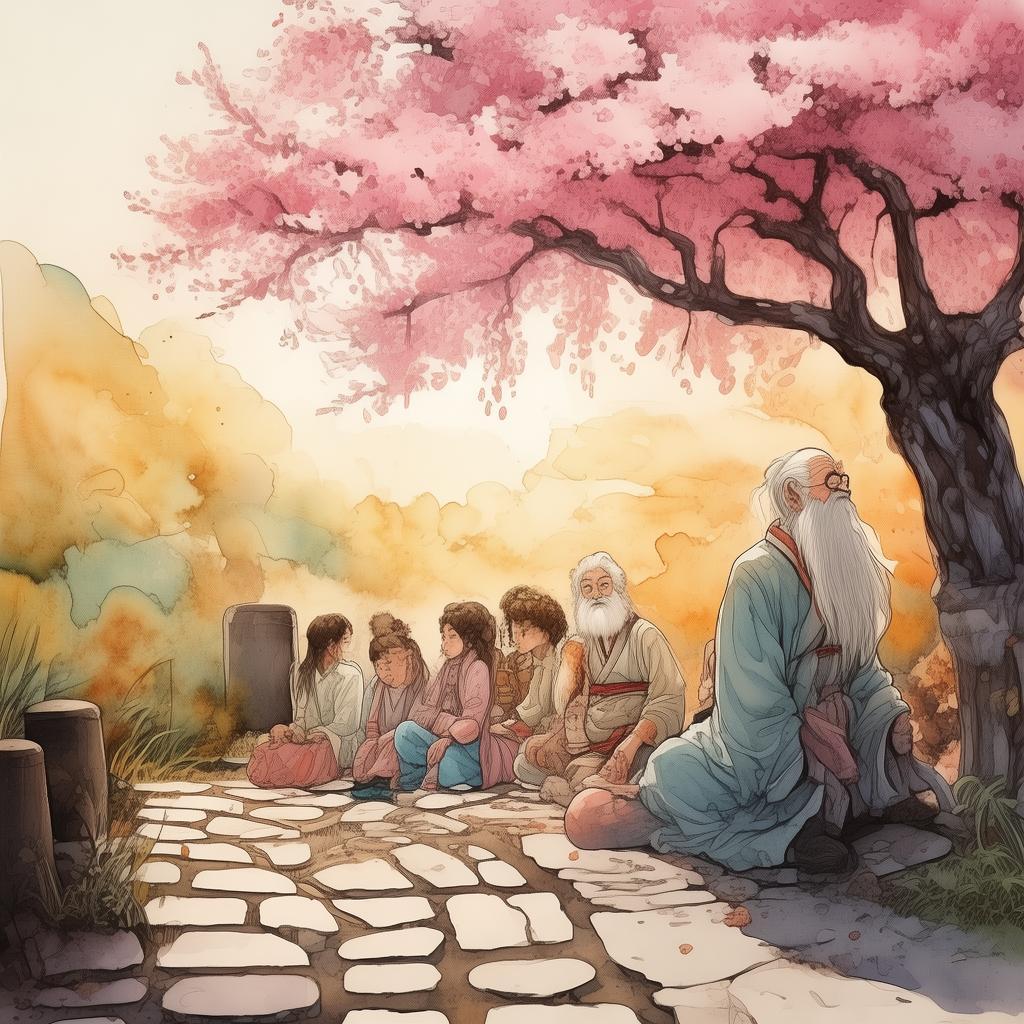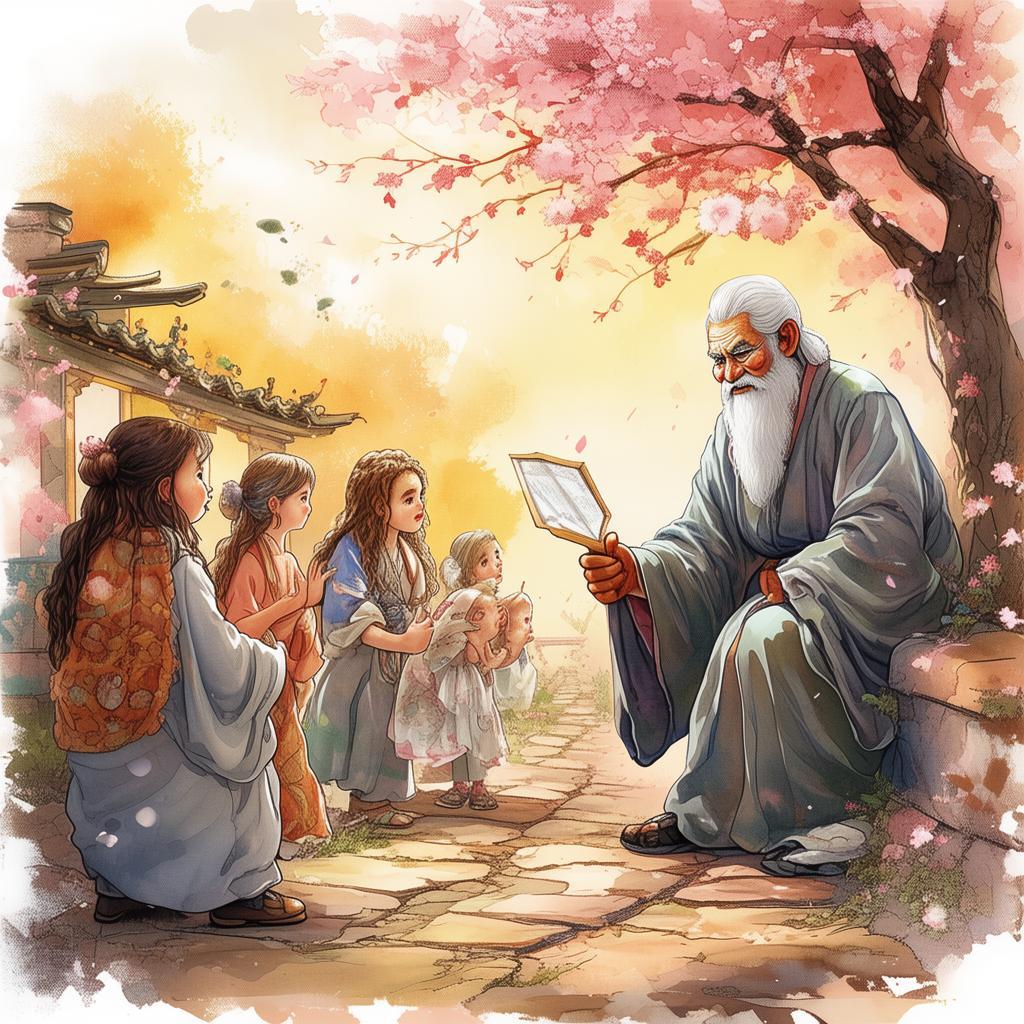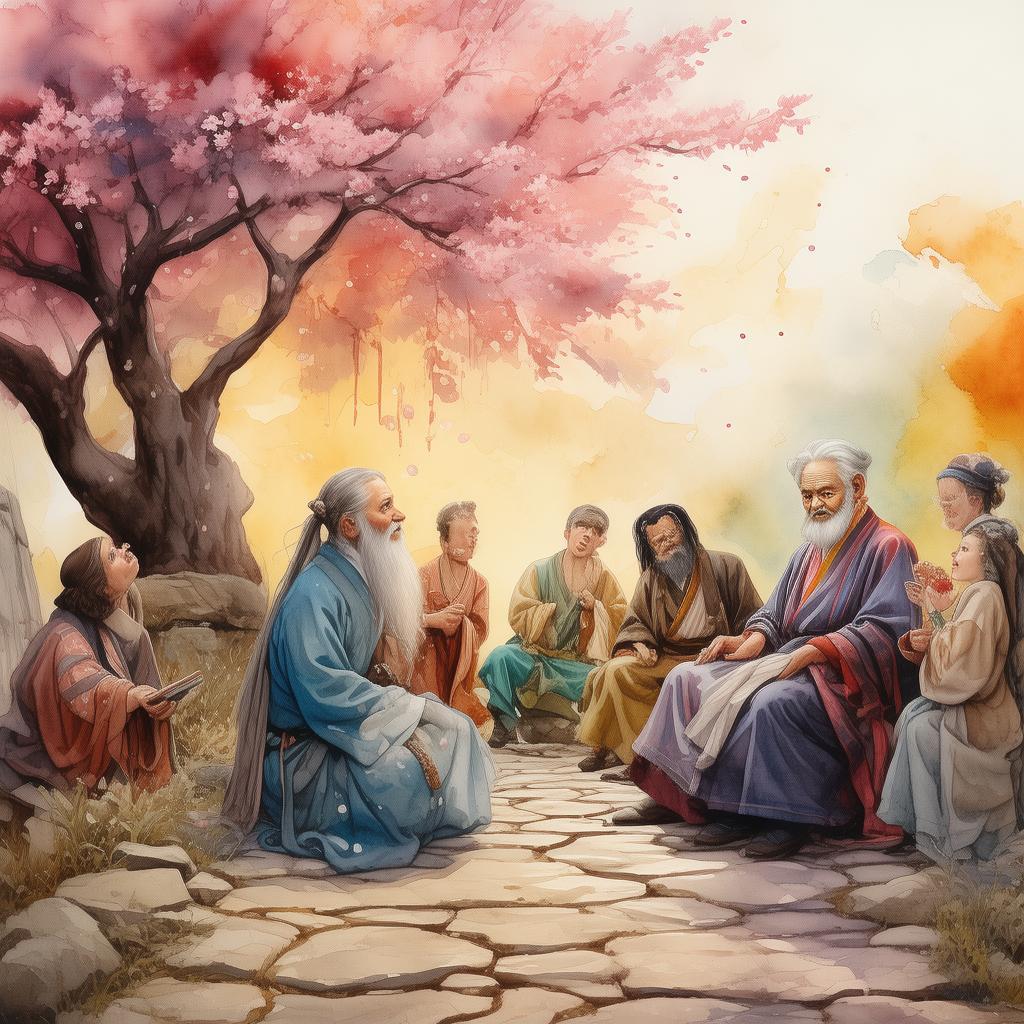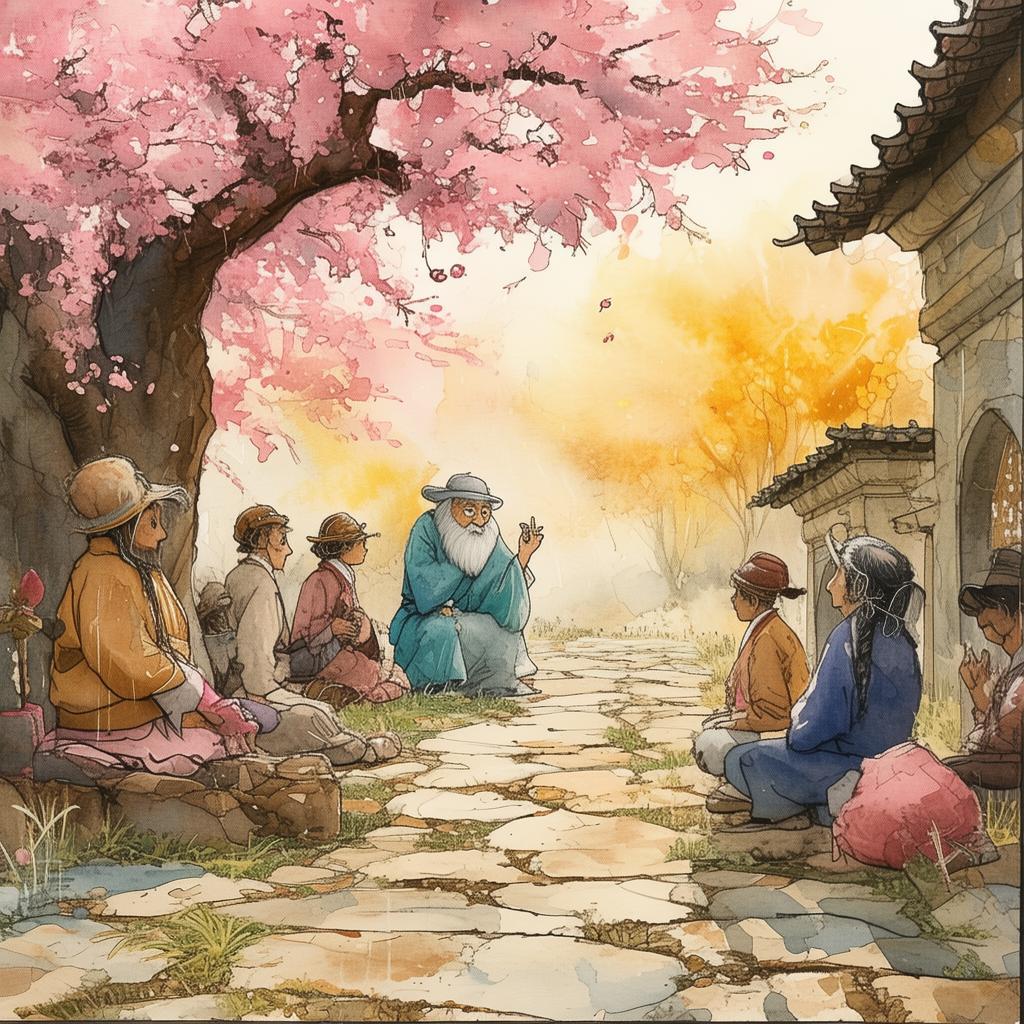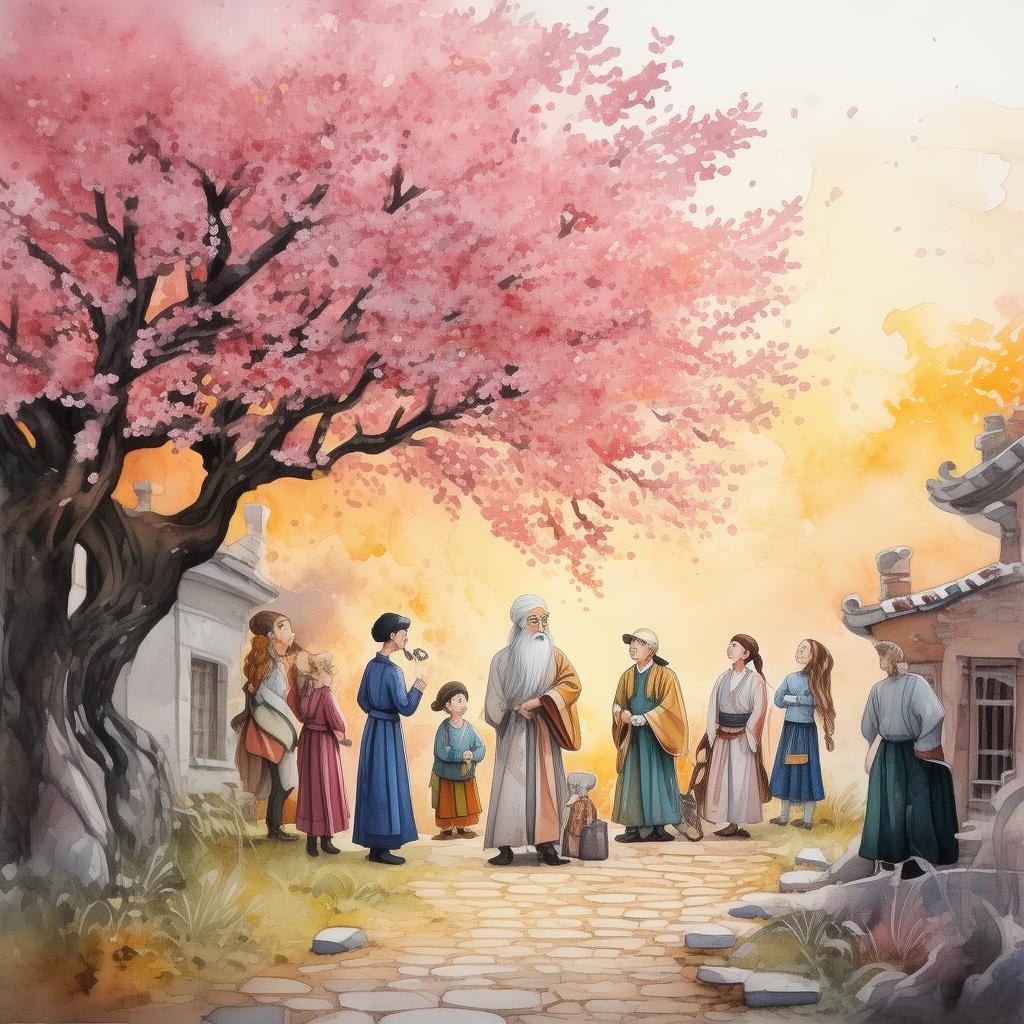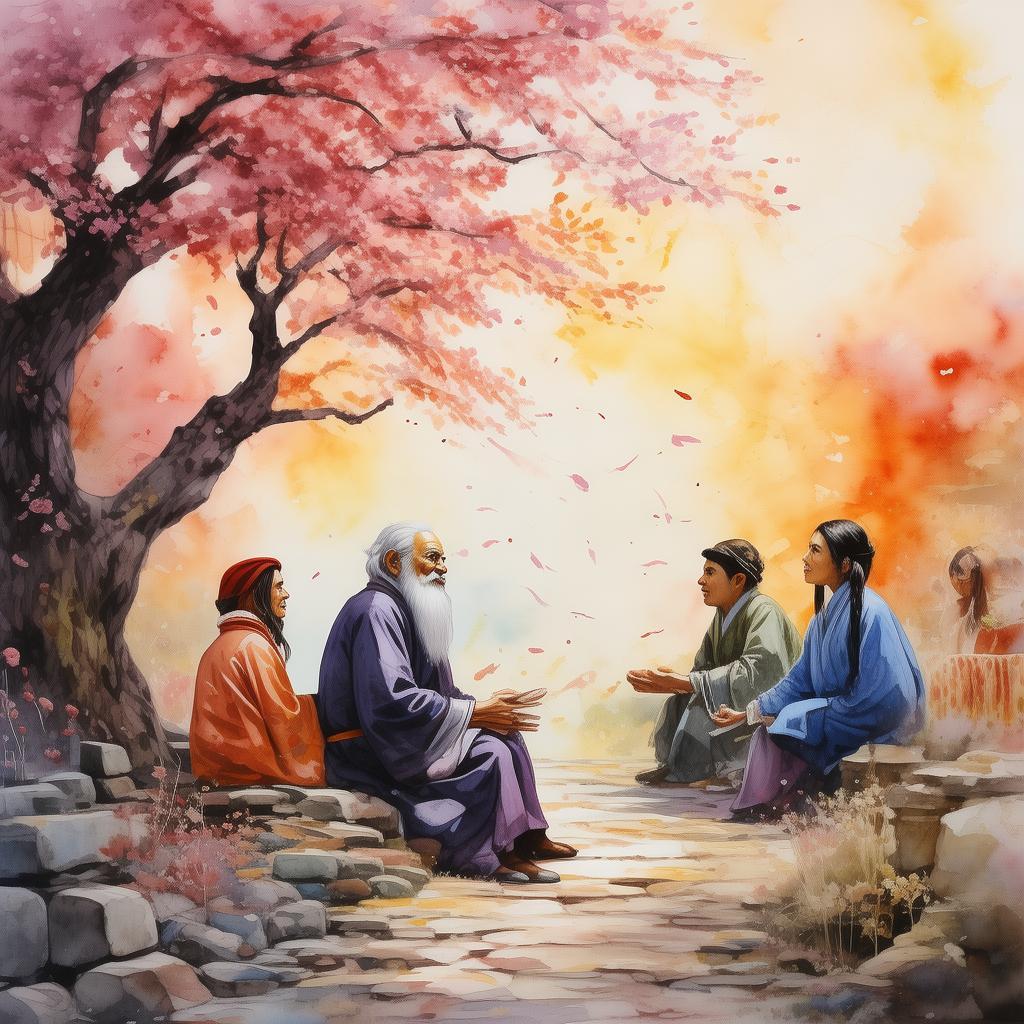The Conqueror's Quest: The Mongol Empire's Unwavering Will
In the heart of the vast steppes of Central Asia, where the winds howled and the grasslands stretched to the horizon, lay the seeds of an empire that would shake the world. This was the land of the Mongols, a nomadic people bound by a singular dream: to unite their tribes and conquer the known world. The story of their rise is a testament to the power of unity and the indomitable will of a leader, as narrated in "The Conqueror's Quest: The Mongol Empire's Unwavering Will."
The tale begins with Temüjin, a young boy whose life was marked by tragedy and hardship. Orphaned at a young age, he was raised by his kinsmen, only to face betrayal and expulsion. This early adversity would forge his character, instilling in him a deep-seated desire for revenge and recognition. Temüjin, later known as Genghis Khan, was not just a warrior; he was a visionary, a man who saw beyond the horizons of his own land.
The Rise of the Great Khan
The story unfolds as Genghis Khan gathers his scattered tribes and unites them under a single banner. His first challenge was to win the loyalty of the various Mongol tribes, each with its own customs and traditions. He did this not by force but by demonstrating his wisdom and compassion. He was known for his ability to listen to the voices of his people, from the humblest of warriors to the most powerful of nobles.
The Mongol Empire's growth was rapid and relentless. Genghis Khan's strategy was both simple and brilliant: he would conquer one region, integrate it into his empire, and then move on to the next. He was not content with just expanding his territory; he sought to create a lasting empire that would endure for generations.
The Unifying Force: The Code of the Mongols
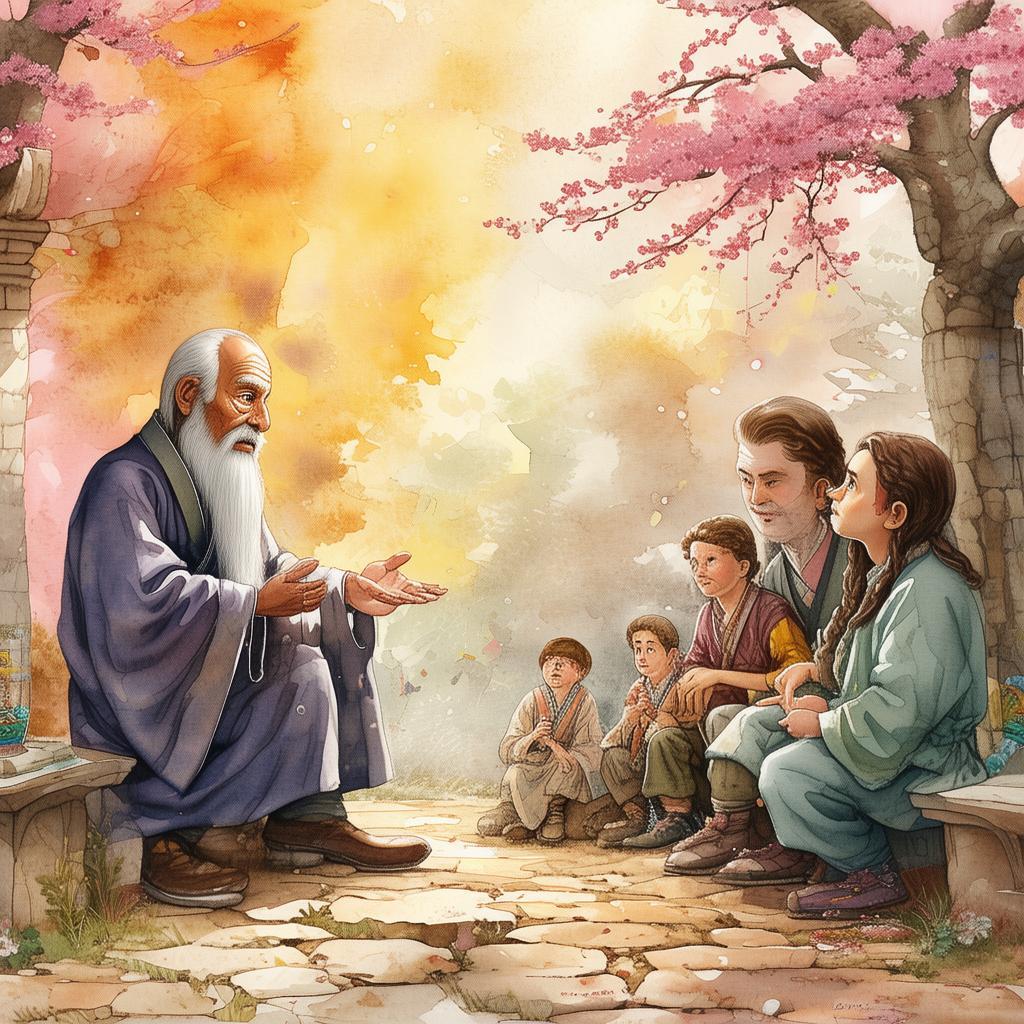
Central to the Mongol Empire's success was the Code of the Mongols, a set of laws and principles that guided the behavior of the people. The Code emphasized loyalty, respect for elders, and the importance of the group over the individual. It was this unity that allowed the Mongols to move with such speed and efficiency across the vast landscape of Asia.
One of the most famous stories from this era is that of the Great Wall of China. When the Mongols approached the Great Wall, it was a symbol of the Chinese Empire's power and might. Instead of attacking head-on, Genghis Khan ordered his warriors to dig beneath the wall and tunnel their way into China. This act of subterfuge not only bypassed the wall but also demonstrated the Mongols' adaptability and resourcefulness.
The Quest for Conquest
The Mongol Empire's quest for conquest was relentless. Genghis Khan's descendants continued his legacy, expanding the empire even further. They defeated the Song Dynasty in China, the Kingdom of Khwarezmia in the Middle East, and the Kingdom of Georgia in the Caucasus. The Mongols were feared for their ferocity in battle, their use of psychological warfare, and their ability to adapt to any situation.
The Price of Conquest
However, with every victory, the cost of conquest became clearer. The Mongols were known for their brutal tactics, which included the mass murder of civilians and the destruction of cities. This led to a backlash from the conquered peoples, who saw the Mongols as a force of terror rather than liberators.
The Legacy of Genghis Khan
Despite the controversy surrounding his methods, Genghis Khan's legacy is one of unity and adaptability. He created the largest contiguous empire in history, which would last for over a century. His descendants would build upon his foundation, creating a diverse and complex empire that would influence the world for centuries to come.
The Conqueror's Quest: The Mongol Empire's Unwavering Will
As the story of Genghis Khan and the Mongol Empire comes to a close, it leaves us with a profound lesson: the power of unity and the strength of a vision. The Mongols, with their unwavering will and strategic genius, demonstrated that when a people are united and driven by a common purpose, they can achieve the seemingly impossible.
In the end, the Mongol Empire's legacy is one of resilience and innovation. They left behind a trail of conquest and cultural exchange that would reshape the world. The story of Genghis Khan and the Mongols is not just a tale of conquest; it is a story of the human spirit's quest for greatness, even in the face of adversity.
✨ Original Statement ✨
All articles published on this website (including but not limited to text, images, videos, and other content) are original or authorized for reposting and are protected by relevant laws. Without the explicit written permission of this website, no individual or organization may copy, modify, repost, or use the content for commercial purposes.
If you need to quote or cooperate, please contact this site for authorization. We reserve the right to pursue legal responsibility for any unauthorized use.
Hereby declared.
